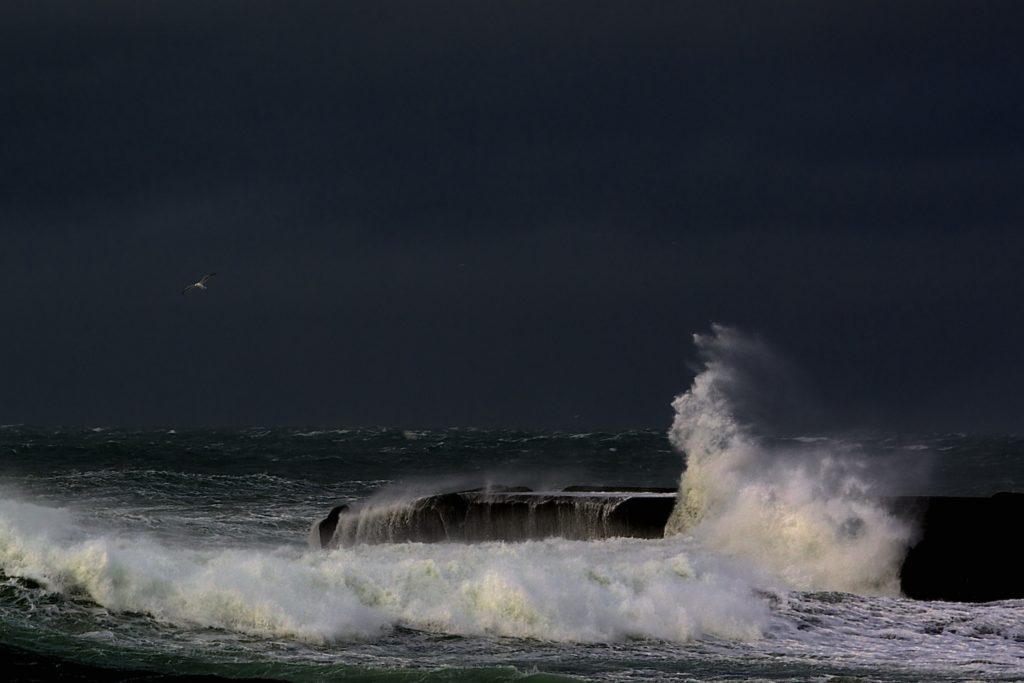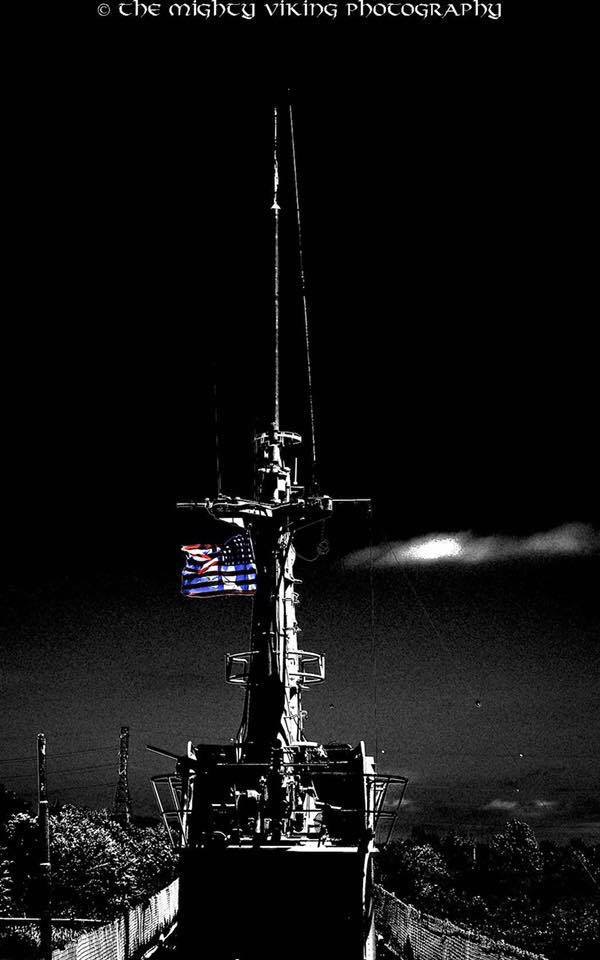I just realized what‘s going on.
And, being a Saturday morning, I‘ve got a little time to reflect on this epiphany.
I should warn you, this is something of a political post, though I‘m not here to hammer on one side or another. Ya‘ll a bunch of sinners that need Jesus…
We are all talking about the division in this country, the “them against us†duality that seems to both cripple and confound us. Why can‘t the other side see what we‘re talking about?
Turns out it‘s pretty simple. There are more than two principle sides in the matter. There are four sides to our present politics.
The system we have, the one carved out by revolutionaries nearly 250 years ago, was a system of self-government. It was brilliant in its day, and still holds the answers to our present problems. But part of its beauty is dependence on a moral underpinning to the society that uses it.
In 1776, that moral underpinning was fairly ubiquitous, provided through the discipline of a population founded on a combination of Christian principles, and the self-sufficiency required by the New World.
In recent times, however, Christianity, along with most religions in this country, has fallen into popular disgrace through the abuses and misdeeds of its prominent leaders, to the point where people have become confused , skeptical, and mistrustful of not only those leaders, but of the faith itself.
And as our collective sense of morality and self-discipline has waned, we have fragmented into four groups from two:
Left and right, liberal and conservative. One bills itself as the party of the people, of the common man. It sees government as a tool to cultural improvement, to social improvement, it is a powerful means of economic improvement. It sees itself as the party of seeing good to do, and then doing it collectively.
The other party sees government as a necessary evil, a Pandora‘s box of temptation to those drawn to power. It sees good to do as well, but only as individual effort any of us are free to undertake, not a government function. And sometimes, by not addressing inequalities, it opens the door for private companies to set themselves up as Demi-dictators and economic monarchies.
So, two groups so far, liberal and conservative, both well-meaning and flawed. Each needs the other for balance.
The other two groups align themselves with one or the other identity, but there is a critical element missing: moral character. The soft underbelly of American government is that despite its best intent to anticipate depravity and nip it in the political bud, the demise of Christianity and self-sufficiency has affected our government system in surprising ways.
So now, there are four groups, that can be characterized as follows:
- group 1: Christian Conservatives. Oddly enough, I don‘t mean the group that calls itself by that name. What I mean is good people brought up with Christian values, and who see personal investment into society as critical. Their principles are not set by their own subtly-disguised desires, but by a written standard they‘ve come to accept and live by.
- Group 2. People who have spied, in a situation of minimal government , opportunity to take advantage of trust, scarce regulation, thinly-spread enforcement, and graft-powered preferential treatment in legislature.
- Group 3: liberals who see government as their moral and societal redemption. These include both certain Christians and atheists, whose drive to do good extends to deeds they themselves don‘t do, but rather commission through election. In this sense, a division appears within the atheist group where some have turned it into a quasi-religion with its own moral code, largely adopted from the core of Christian values, while others revel in the guiltless freedom of hedonism.
- Group 4: those that confuse liberalism with anarchy, and set themselves up as gods, seeking nothing higher than the power to make decisions, without all that awkward “answering for it†thing.
So, we have two groups of patriots, and two groups of pirates. Each patriot group has, within its ranks, pirates. If we could only take a few minutes out of our busy schedule to address this confusion, these schemers in our respective midst, we could maybe restore our American system‘s function. But we are caught in a ego trap – we need foot soldiers in our cause, and are willing to take on any mercenary willing to fly our flag. We need “useful idiotsâ€, because we have come to see “Freedom†as something we can only keep through the use of our side‘s particular propaganda, which needs believers to have power. We have abandoned our faith in the rule of law. And it is largely because of systemic failure brought about by the sheer weight of unscrupulous groups, because of the demise of moral character. If you can‘t enforce law, then very quickly people lose hope.
We have always had evil. This is the motivator of the development of our government system. It had a plan to scuttle power-mongers. It accounted for greed, graft, manipulation. It had a plan for all manner of bad behaviour. But even the framers of our system knew there was a weakness, that there was a way this system could fail. They knew the system could be subverted with sufficiently applied Apathy and moral decay.
And it seems right now that those who would tear anything down for a buck smell blood in the water.
They say 90% of leadership is knowing what to call things. This concept is normally applied to deceptive advertising. But with one small twist we can turn this lie back right side up. Know what a thing is. Don‘t give it a name, rather discover its name and true nature. Do it before you align yourself with it. Purge your belief system of unwanted influence. Find a moral center that reflects your own values rather than work through a list of compromises you‘re willing to make to gain allies. Understand and be aware of deceptive labels, and call all things by their right name in your mind.
Things are what they are, not what we call them. At the end of the constitutional convention of 1787, a woman asked Ben Franklin as he left the building “Well, what have you given us, a Republic or a monarchy?â€
“A Republicâ€, he answered, “if you can keep it.â€
He also did a little writing on the topic. Bear in mind that Franklin was no regular church-goer. But he still recognized the positive influence of religion in society:
“We have been assured, sir, in the sacred writings, that ‘except the Lord build the house they labor in vain that build it.‘ I firmly believe this; and I also believe that without His concurring aid we shall succeed in this political building no better than the builders of Babel; we shall be divided by our little partial, local interests, our projects will be confounded and we ourselves shall become a reproach and a byword down to future ages. And, what is worse, mankind may hereafter, from this unfortunate instance, despair of establishing government by human wisdom and leave it to chance, war, or conquest.†(Benjamin Franklin)
And perhaps prophetically:
“Only a virtuous people are capable of freedom. As nations become more corrupt and vicious, they have more need of masters. †(Benjamin Franklin)
To which I might add, perhaps the liberals are right. Perhaps we have become so completely corrupt a society that we once again need a king.
But perhaps we can still save this, by reconsidering our own character, and fixing its weak spots. Strength of society depends wholly on the strength of the individual, and the family.
Perhaps it is better to answer the question with “A family. If you can keep it.â€
Like this:
Like Loading...


 Filed Under :
Filed Under :  Jul.9,2019
Jul.9,2019

